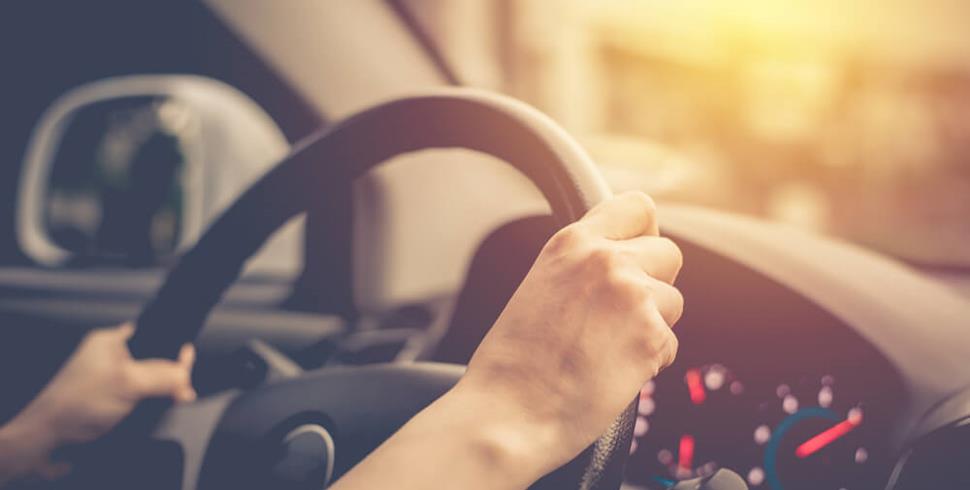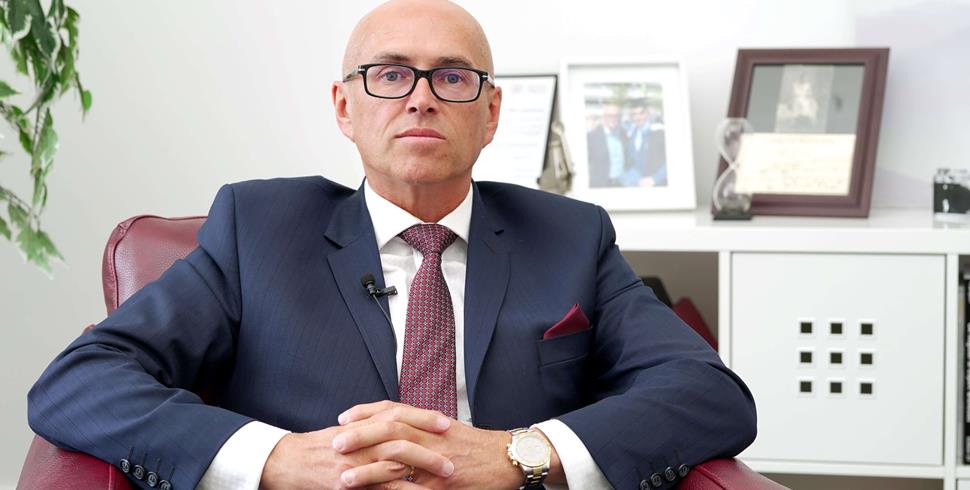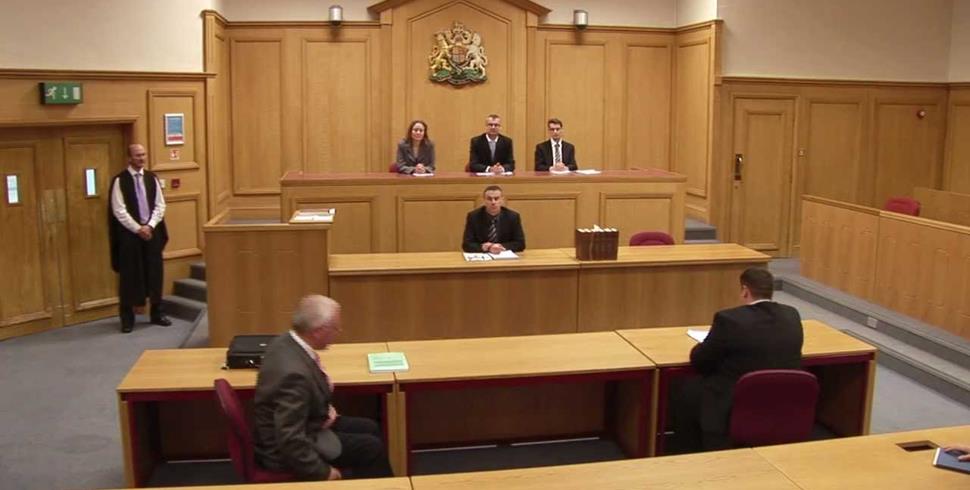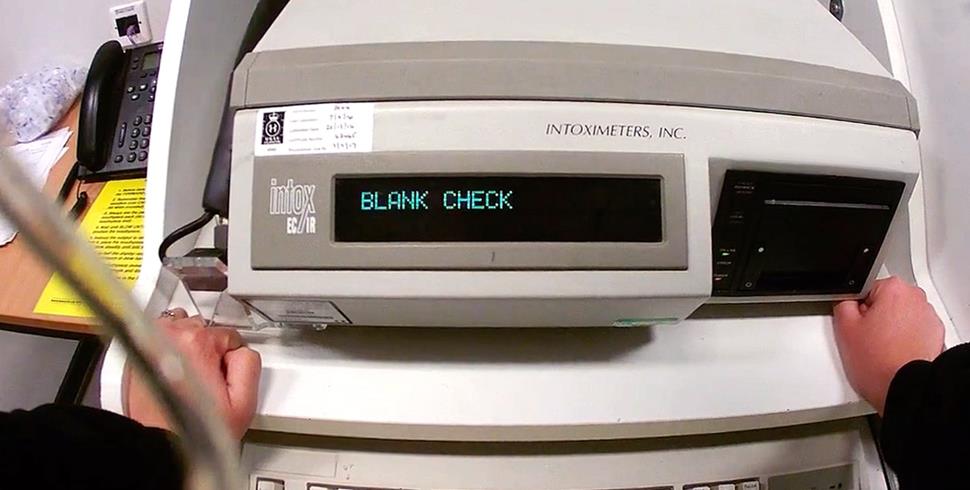
The consequence of a driving offence may not stop at a disqualification. Depending on the severity of the offence, you could be looking at a fine, a community order and even prison time. Most driving offences also carry the risk of a criminal record. At the very least, your insurance cost will shoot up and your job security may be under threat. Studies have shown that employers often overlook candidates with criminal records.
Those who try to deal with driving offences alone are much more likely to be convicted and face harsher penalties. Without legal help, the risk of losing your licence increases, sometimes with irreversible effects. Expert motoring solicitors have in-depth knowledge that could avoid a worse-case scenario.
It’s important to understand the many direct and indirect consequences of losing your licence, so we’ve highlighted them below. You’ll also find further advice about how a solicitor can help you get your licence back.
How can you lose your driving licence?
There are many offences that can lead to an immediate driving ban. These include;
- Driving whilst under the influence of alcohol or drugs
- Dangerous / careless driving
- Failing to stop after an accident
But many drivers often question whether less serious offences will result in a driving ban. For example, can you lose your licence for speeding? The answer is yes. If you’re caught speeding, driving carelessly/dangerously, or committing any other driving offence, you could be issued points. When you accrue 12 points, it’s known as a totting up ban. And if that happens, you lose your licence for a minimum 6 months period.
The consequences of losing your licence can be direct, indirect and of increasing severity. Let’s take a closer look at some examples.
Job security
Many people rely on their vehicle to get to and from work. For some, driving is essential to meet the demands of their job. Losing your licence could affect your ability to complete your duties, and therefore put your position at risk. It could also weaken your chances of attaining new employment.
Insurance cost increase
Even just a few points on your licence can cause your insurance premiums to creep up. So losing your licence entirely, whether it’s because you’ve accrued 12 points or been disqualified, can be very costly. The average increase in insurance premiums for a driving ban is 200% - this could continue for the next four to five years.
Paying a fine
Most driving offences also carry a financial penalty. Even a speeding offence could cost you hundreds of pounds. More serious offences, such as drink driving, could cost you thousands. Some financial penalties are means-tested (i.e. a percentage of your income). You can usually pay a fine upfront or in instalments.
Criminal record
If you’re convicted of any driving offence by the court, you’ll receive a criminal record which you’ll need to declare to insurers and current/potential employers. Unlike a regular criminal record, however, motoring-related offences only appear on your licence for a certain period of time.
Facing time in prison
In more serious cases you could be sent to prison. A first time offender convicted of drink driving or ‘failing to provide’ could face up to 12 weeks in prison. Custody is more likely for repeat offenders (i.e. those with previous drink or drug driving convictions). Prison sentences remain on your record for 5 – 11 years (depending upon the offence).
How can you get your licence back after losing it?
If you have lost your drivers' licence, you may be wondering how long will you be without it? This all depends on the type of offence and the seriousness of the case. A speeding offence, for example, could carry a disqualification of between 7 – 56 days. The minimum disqualification for drink and drug driving is 12 months (but often longer in most cases). Under the Road Traffic Act 1988, you do have the option to apply for the early removal of your driving licence.
If you were banned for three to four years, you can apply back after two years. In cases involving longer disqualifications, you need to serve at least half. Please note: Don’t worry if you have a previous conviction and want to get your licence back early. Under Section 42 RTOA, you can only apply where the ban is three years or longer. Anyone who applies under Section 42 is likely to have a previous conviction (which is why they received a three-year ban).
Reasons for the early removal could be family, health or employment-related, which the court will balance against public interest factors. The court will also consider your character, the offence and the arguments put forward. With the guidance of an experienced solicitor, you can give yourself the best chance of winning the appeal.
Seek help from MAJ Law
M.A.J Law can offer the support you need. We believe that every motorist has the right to affordable legal advice and representation.
Looking for expert advice on getting your licence back? Get in touch today – our team will be happy to help.
Related Articles



Conor Johnstone
15 January 2025What happens in court for drink driving? | Free Legal Advice | M.A.J Law Solicitors

MAJ Law
28 June 2021Do you get a criminal record for drink driving? | M.A.J Law Solicitors





